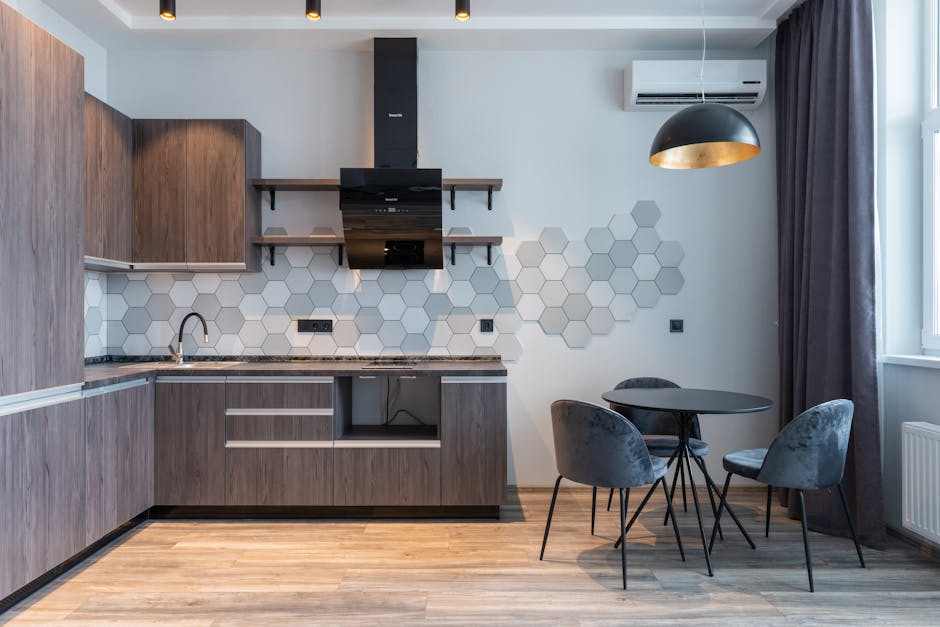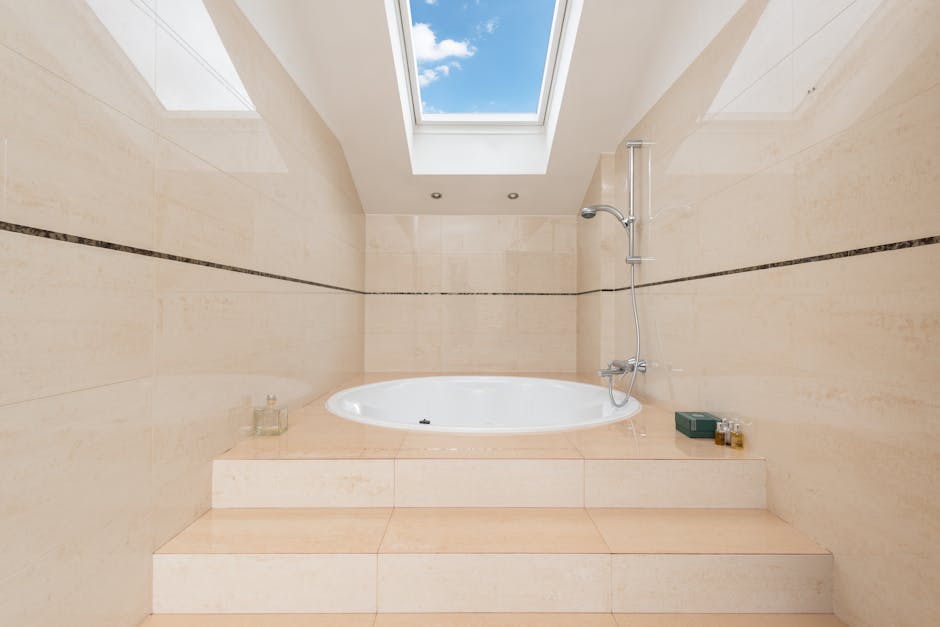How to Improve Your Home's Air Quality with HVAC Maintenance

The quality of the air inside your home is crucial for a living environment. Poor indoor air can cause issues, allergies and other health problems. One way to enhance the air quality within your house is by maintaining your heating, ventilation and air conditioning (HVAC) system. Keeping your HVAC system in shape ensures it operates efficiently by filtering out pollutants and circulating clean air throughout your home.
Recognizing the Significance of HVAC Upkeep
HVAC systems are essential for regulating temperatures and creating comfortable living spaces. They also play a role in maintaining indoor air quality. Dust, pollen, mold and other contaminants can build up in these systems over time leading to air circulation and potential health hazards.
Regular maintenance helps keep HVAC systems clean and functioning well. By inspecting and servicing your HVAC system regularly you can prevent the accumulation of substances and ensure that the air inside your home remains clean and safe.
A maintained HVAC system not only enhances air quality but also boosts energy efficiency. Clean filters and ducts enable the system to operate effectively reducing energy usage and cutting down on utility costs.
Essential Practices, for Proper HVAC Maintenance
Taking care of your HVAC system involves important steps. Here are a few important practices you should keep in mind:
- Replace Filters Regularly: It's an idea to check your filters every month and change them every three months or sooner if needed. Clogged filters can hinder airflow. Reduce your systems efficiency.
- Duct Cleaning: Getting your ducts professionally cleaned every three to five years is crucial. This process helps remove built up dust, debris and allergens from your ductwork.
- Verify Thermostat Settings: Make sure your thermostat is working properly and set at a temperature for energy conservation.
The Importance of Professional Inspections
Although homeowners can handle some maintenance tasks professional inspections are necessary for an assessment of your HVAC system. Technicians have the knowledge to uncover issues that may go unnoticed by untrained individuals.
During an inspection technicians will:
- Check electrical connections and components
- Lubricate moving parts
- Test system controls for proper functionality
- Assess refrigerant levels
These inspections play a key role in preventing major breakdowns and prolonging the life of your HVAC system. Scheduling professional check ups ensures that any problems are dealt with promptly keeping your system running smoothly.
The Significance of Clean Air Ducts
Your ductwork serves a function, in distributing conditioned air throughout your home. However dirty ducts can house allergens, mold spores and other pollutants that can compromise air quality.
A recent research conducted by the Environmental Protection Agency (EPA) revealed that indoor air can contain up to five times pollutants than outdoor air (epa.gov). Regular cleaning of ducts helps eliminate these pollutants ultimately enhancing the quality of the air we breathe.
Moreover clean ducts promote airflow efficiency. When ducts are unobstructed your HVAC system operates smoothly and efficiently leading to improved performance and reduced energy expenses.
The Benefits of Using High-Efficiency Air Filters
Using high efficiency air filters can also have an impact on indoor air quality. These filters are specifically designed to trap particles compared to standard filters reducing the presence of allergens and pollutants in the air.
| Filter Type | Efficiency Rating | Suitable For |
|---|---|---|
| MERV 8-10 | Good | Basic residential use |
| MERV 11-13 | Better | Homes with pets or allergies |
| MERV 14-16 | Best | Medical facilities or homes with high sensitivity needs |
Choosing the appropriate filter depends on your specific requirements. For example households with pets or individuals prone, to allergies may find rated MERV filters beneficial.
Maintaining an Indoor Environment
Maintaining an indoor environment begins with regular HVAC upkeep. By making sure to change the filters on a basis cleaning out the ducts from time to time and arranging for professional check ups homeowners can significantly enhance the air quality in their homes. Opting for high efficiency filters takes this effort a step further by capturing allergens and pollutants.
Taking a stance towards HVAC maintenance not only fosters a healthier living space but also boosts energy efficiency and prolongs the life of your system. Consistent upkeep is crucial for preserving indoor air quality and ensuring that your home remains a secure sanctuary, for you and your loved ones.
Your Questions Answered
-
Can air filters with efficiency really have an impact?
Definitely. High efficiency filters can trap particles decreasing the presence of allergens and pollutants in your living space. This is especially beneficial for homes with pets, allergies or respiratory problems.
-
What steps should I take if my HVAC system isn't cooling or heating properly?
If your HVAC system isn't performing as expected it might be due to blocked filters, dirty ducts or a faulty thermostat. Begin by inspecting these components. If the issue persists, seek assistance from a professional technician for a thorough assessment.
For comprehensive guidance on maintaining indoor air quality through proper HVAC upkeep you can explore the Environmental Protection Agencys website at epa.gov.
The Significance of Humidity Regulation in Indoor Air Quality
Regulating humidity is crucial for ensuring good air quality. Elevated humidity levels can promote mold growth and dust mites while low humidity can lead to skin and respiratory problems.
- Utilize a Dehumidifier: In regions, with humidity levels employing a dehumidifier can help lower moisture levels and prevent mold development.
- Humidifiers: In climates or during winter seasons using a humidifier can introduce moisture into the air facilitating easier breathing and reducing static electricity.
- Monitor Humidity Levels: Make sure to keep track of humidity levels. Maintain indoor humidity levels between 30% and 50% by using a hygrometer to check. Alongside HVAC maintenance these steps help keep your homes air quality optimal throughout the year.
Taking measures in maintaining HVAC systems and controlling humidity not only enhances living conditions but also boosts energy efficiency and prolongs system lifespan. Consistent upkeep is key to preserving air quality and ensuring your home remains a comfortable sanctuary, for you and your loved ones.
